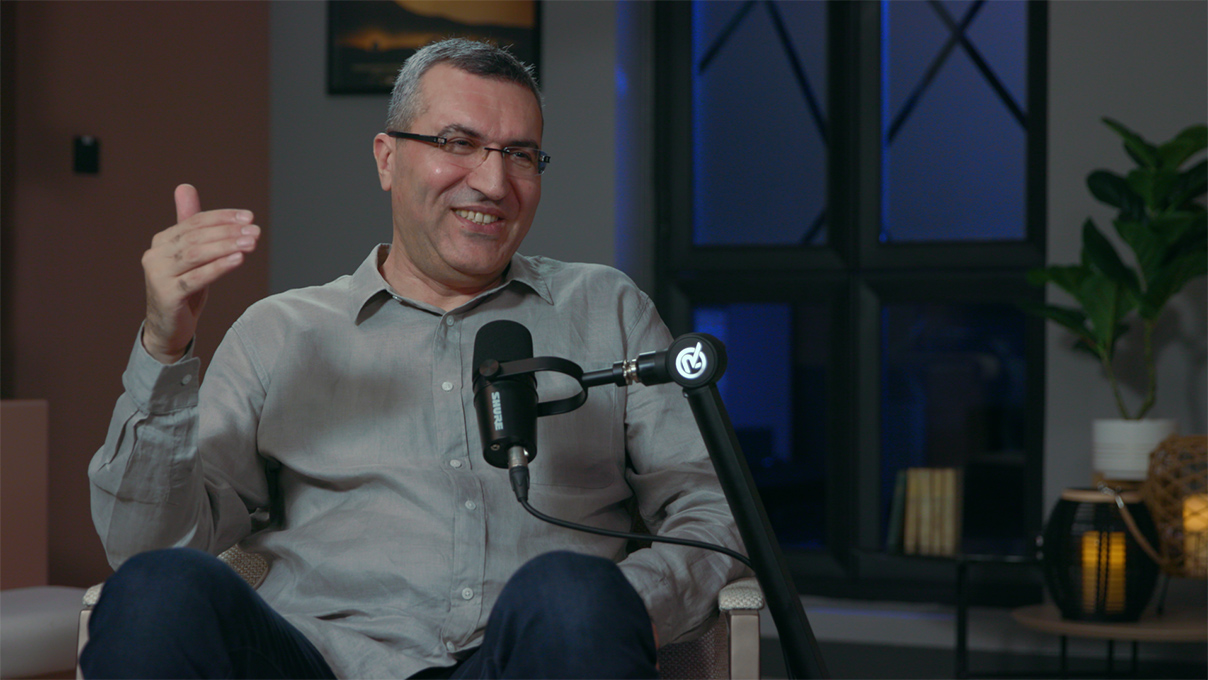In our ninth episode of The Ajyal Show, we explore the intricate relationship between cinema and history in the Gulf region with Dr. Firat Oruc, a distinguished scholar specialising in film, literature, and cultural studies of the Global South. Dr. Oruc discusses his approach to studying cinema within its historical context, highlighting how narrative forms such as cinema and literature evolve over time and the importance of tracing their historical roots.
Dr. Oruc takes us back to the early days of cinema in the Gulf, dating to the 1920s—a period often overlooked but critical in understanding the region's cinematic history. He uncovers the complex dynamics of colonial resistance to the introduction of cinema, driven by fears that it could undermine control by fostering community solidarity and contesting Western dominance.
Despite these challenges, public demand for cinema grew, with the first public theatre opening in Bahrain in 1938 after years of petitions. Dr. Oruc examines the role of petroleum companies in the Gulf, such as British Petroleum in Qatar and Aramco in Saudi Arabia, in establishing cinemas for their expatriate workers and producing "Petro films". These films portrayed a narrative of modernisation and globalisation, emphasising the role of oil companies in transforming the region.
The discussion shows the impact of these "Petro films" on global perceptions of the Gulf, particularly in how they framed the region as a new frontier for American expansionism, exemplified by films like 'Desert Venture'. Dr. Oruc also highlights the emergence of Gulf cinema with the production of 'Bas Ya Bahar' (1972) by Khalid Al Siddiq, marking the beginning of a critical, post-colonial cinema in the region.
Finally, Dr. Oruc reflects on the enduring spirit that defines Gulf cinema, highlighting its role in addressing the socio-economic, cultural, and political challenges that continue to influence the art form. This episode offers a richly informed exploration of the origins and evolution of Gulf cinema, providing compelling insights into the forces that have moulded its unique identity.
To learn more about Doha Film Institute's initiatives, workshops and funding that help support Qatar’s filmmaking community, visit our website here.
